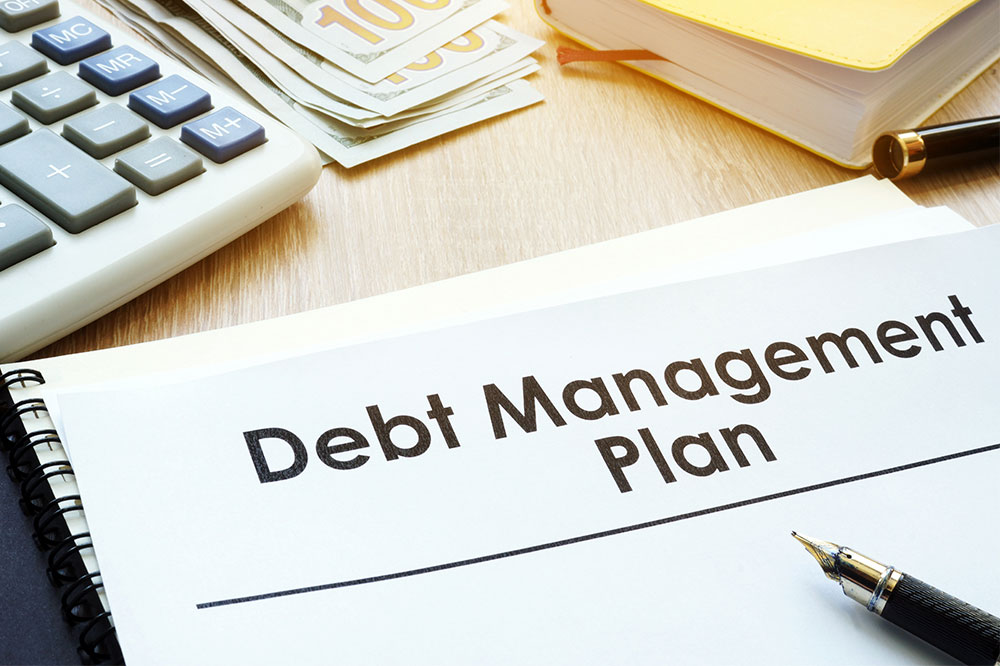
Vital tips for debt management
Debt management refers to a way to get your debt under control. It involves budgeting and financial planning. The key objective of debt management is to utilize the strategies to reduce your current debt and eliminate it completely. To help you with debt management, you can either create a plan for yourself or seek credit counseling. You can reach out to both non-profit and profit organizations to receive counseling. Though both of them function differently, they both have a similar goal – to enable people to come up with a budget that helps them manage a new debt and pay off the existing debt.
Here, in this article, we will share with you some practical debt management tips. Let us get started and address them one by one.
1. Pay your bill one time every month
First things first, when you delay your debt payments, it might become hard for you to clear your debt as in addition to the debt amount, you will also have to bear a late fee for every missed payment. Further, if you end up missing two consecutive payments, your finance charges and interest rates will shoot up.
You can utilize a calendaring system on your smartphone or computer and enter the reminders for the payments there. So, these tools can remind you of your dues days before the actual due date. If ever you miss the due date, never wait for the next billing cycle to make your payments because it would then be already reported to the credit bureau. Thus, it is recommended that you make the payments as soon as you remember them.
2. Build a bill calendar
With a bill payment calendar, it will be easier for you to work out the debts to pay off every month. In addition, this tool can help keep a tab on the debt size. It also enables you to determine how you will tackle every amount that you owe.
For instance, if you receive your paycheck on the 27th of every month, you can utilize the same calendar every month for paying your bills.
3. Speak to your creditors and negotiate for lower rates
The first step towards debt management is to reduce the interest rate applicable to your debt as much as possible. This can lower the total cost of getting out of the debt trap, making it easy for you to get to zero debt faster. In addition, when the interest cost is less, it is easier for you to focus on the principal, which is the actual sum you owe. So, it does not hurt to communicate with your creditors to negotiate a lower interest rate on all of your remaining accounts.
4. Examine your credit report
You can request a copy of a credit report from any one of the three credit reporting agencies. It will help ensure that you have not forgotten about any outstanding debt. Moreover, it also enables you to check if there are any unrecognized accounts in your credit report. These errors can hurt your credit score. Further, if you wish to know your credit score, you can request your credit card company or bank to check if they can provide you with a credit score at zero cost.
- Do not take any fresh debt
When you are working towards cutting or eliminating your existing debt, you must refrain from adding any new debt. For this, you need to avoid making any unnecessary purchases. If you add debt, debt management will only become more challenging when you already have enough amount to pay back.
- Pay off bills with the highest interest first
When you have several pending bills, start with the one that attracts maximum interest. This will lower the total amount you owe in the long haul.




